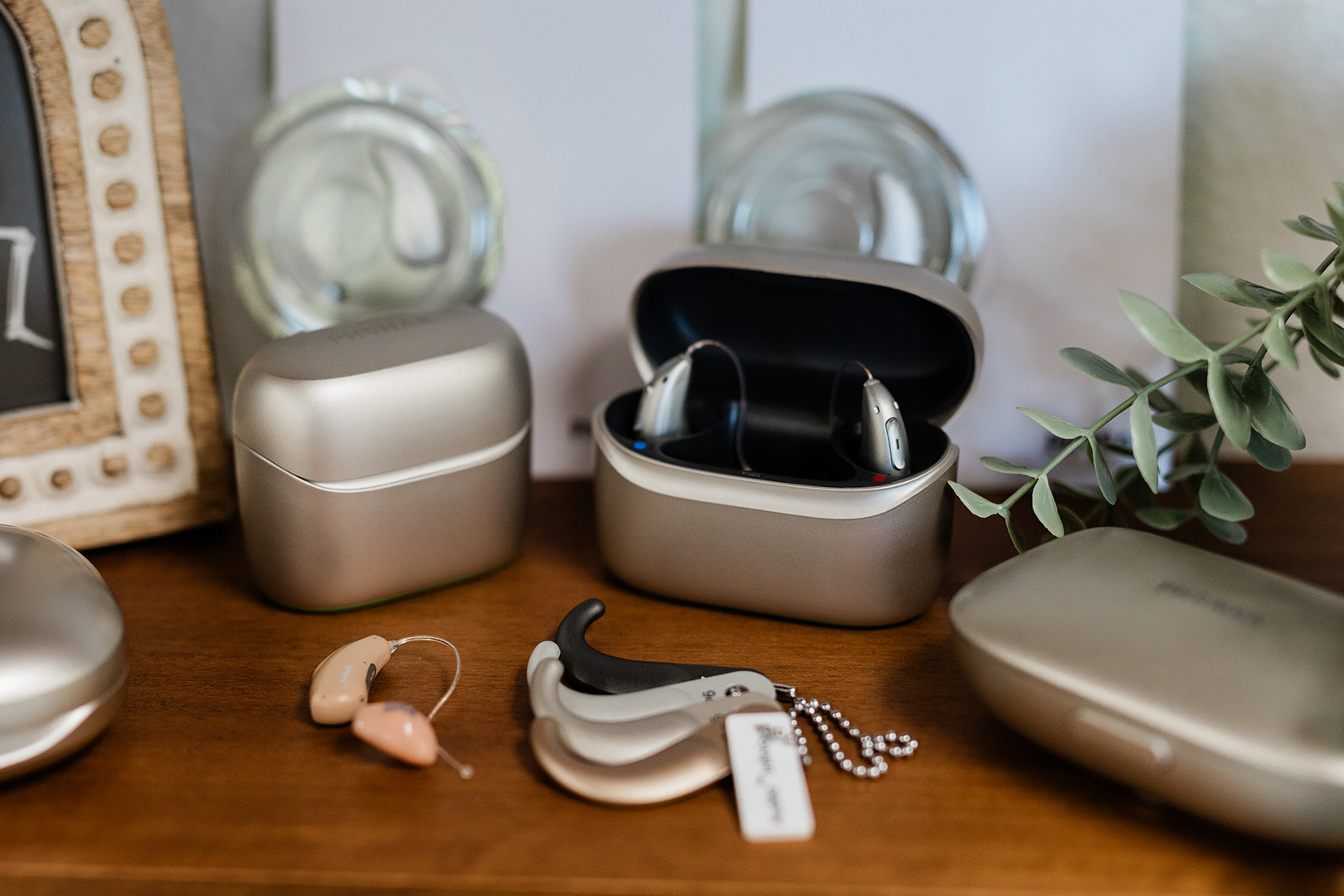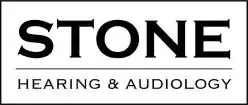
Hearing Aid Check/Cleaning
Hearing Screenings
A hearing screening is a quick and simple test to determine if an individual has hearing loss. It’s often the first step in identifying potential hearing issues and deciding if further evaluation is needed. Here’s what a typical hearing screening involves:
Purpose
The primary goal of a hearing screening is to identify individuals who may have hearing loss and need a more comprehensive hearing evaluation.
Procedure
- Initial Questions: The process usually begins with a few questions about your hearing health and any symptoms you might be experiencing. This helps the audiologist understand your hearing background.
- Visual Inspection: The audiologist will look into your ears using an otoscope to check for any visible issues, such as earwax buildup or infections, that could affect hearing.
- Pure-Tone Testing: This is the most common method used in hearing screenings. You’ll wear headphones and listen to a series of tones at different pitches and volumes. You’ll indicate when you hear each tone, usually by raising your hand or pressing a button. This helps determine if you can hear sounds within the normal hearing range.
- Speech Recognition: In some screenings, you may be asked to repeat words or sentences spoken at different volumes. This helps assess your ability to understand speech in a quiet environment.
Results
- Pass: If you pass the screening, it means your hearing is within the normal range, and no further testing is needed at this time.
- Refer: If you do not pass the screening, it indicates that there may be a hearing issue. You’ll be referred for a comprehensive hearing evaluation to further define the nature of the hearing loss.
Importance
Hearing screenings are crucial for early detection of hearing loss, which can significantly impact communication, social interactions, and overall quality of life. Early identification allows for timely intervention, which can include hearing aids, medical treatment, or other forms of support.
Who Should Get Screened?
- Newborns and Infants: Early screening is essential for detecting congenital hearing loss.
- Children: Regular screenings are important to identify hearing issues that can affect language development and academic performance.
- Adults: Periodic screenings can help detect age-related hearing loss or hearing loss due to noise exposure.
- Seniors: Regular screenings are important as hearing loss is more common with aging.
Hearing screenings are a simple yet effective way to ensure your hearing health is monitored and any issues are addressed promptly. If you have concerns about your hearing, it’s a good idea to schedule a screening.

